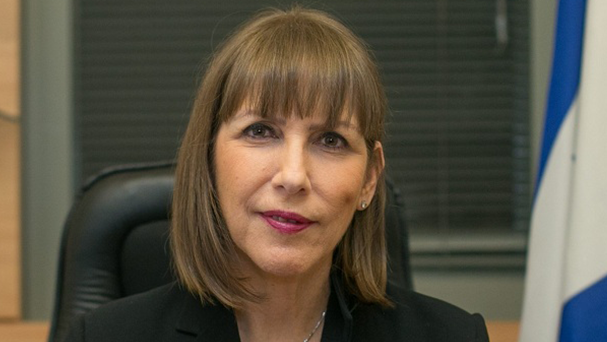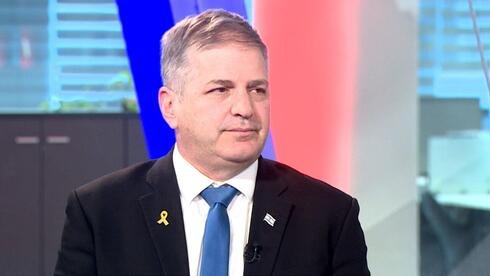A decision by Education Minister Yoav Kisch to allow Jews living outside Israel to be eligible for the Israel Prize, the country’s most prestigious civilian award, has sparked criticism from former officials and academics who say the move undermines the award’s purpose and national identity.
Announced earlier this month, the policy change eliminates the requirement that recipients be Israeli residents. The education minister now has the authority to grant the prize to Jewish individuals living abroad, provided their contributions are deemed to have significant relevance to the State of Israel.
Former Education Minister Limor Livnat called the decision inappropriate, saying the prize was intended for citizens of the state. “This is the Israel Prize,” she said. “It should not be awarded to those who are not residents of the state.”
Former Education Minister Shai Piron also voiced concern, warning that government leaders were eroding the symbolic foundations of Israeli civic life. “When one wants to change a country’s symbols, their hands should tremble,” Piron said. “Everything is being changed all the time. And nothing is sacred.”
The Israel Prize, awarded annually in fields such as the arts, science, and education, has traditionally gone to Israeli citizens or residents. Critics say the updated criteria reflect broader efforts by Prime Minister Benjamin Netanyahu’s coalition to place greater emphasis on Jewish identity over civic or territorial belonging.
“This is part of the coalition’s efforts to emphasize the Jewish element over the Israeli one,” said Dr. Ilana Shpaizman, a political scientist at Bar-Ilan University.
2 View gallery


Israel prize ‘should not be awarded to those who are not residents of the state’, says Limor Livnat
(Photo: Ohad Tsuigenberg)
In recent years, the government has floated proposals to expand voting rights to diaspora Jews and allowed foreign citizens to participate in torch-lighting ceremonies on Independence Day. However, critics argue that such symbolic gestures often come alongside policies that sideline non-Orthodox Jewish communities within Israel.
“This perspective may be problematic for Israeli citizens,” Shpaizman added. “They are the ones serving in the army, living here, paying taxes, and confronting the challenges of this place. Yet it’s someone in New York or Paris who may now be recognized with the nation’s highest honor.”
The Education Ministry has not announced any new recipients under the revised rules.




